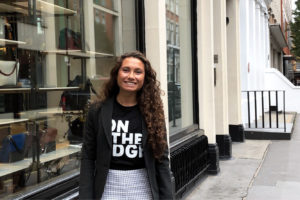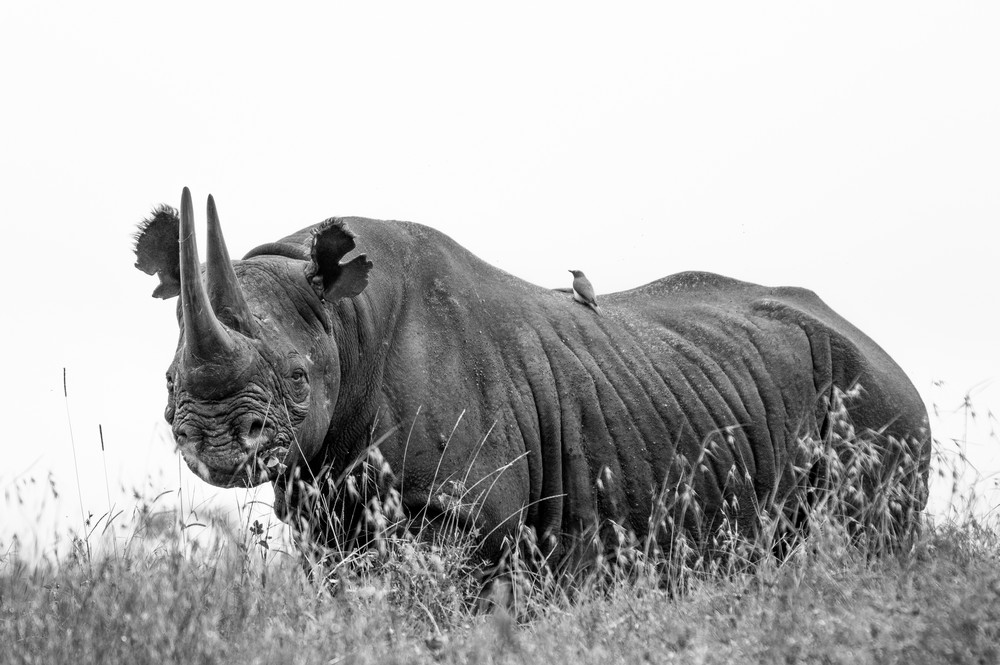This week, London is hosting an international conference on Illegal Wildlife Trade (IWT). Decision-makers will gather from around the world to help tackle this serious organised crime, build coalitions and work together towards closing markets.
The equivalent of three rhinos are being poached every day on average across Africa, largely driven by the thriving illegal wildlife markets in South East Asia. The illegal trade in wildlife poses a serious threat to the future of the world’s biodiversity, estimated to be worth $20 billion a year, making it the world’s fourth-largest illicit trade.
The London conference aims to drive real action and even more partnership working between all stakeholders to change this. Specifically, the UK Government’s themes are:
• Tackling IWT as a serious organised crime
• Building coalitions
• Closing markets
For rhinos, all three of the above continue to be key issues. Let’s take them one by one:
- Committing to tackle IWT as a serious organised crime is crucial to stopping international criminal networks from getting away with poaching. If source, demand and transit countries all commit to doing this, we should be better able to stamp out the flows of corruption that currently make it difficult to charge and prosecute those in the wrong.
- As with most things in life, working together with partners can help drive success. In the case of rhino poaching we believe that collaboration between experts, including those from different fields, is highly productive, providing there is mutual trust and respect, and shared goals. Strengthening the networks of people working across a range of sectors and using their knowledge effectively will enable us to learn more and in turn, create solutions that deal efficiently with current and future issues.
- Last but not least, closing markets for illegal wildlife products is essential. We cannot simply work to stop poaching in rhino range states, we must also understand why there is demand for illegal rhino horn and how this can be reduced, so that rhinos are not at risk of extinction.
The conference itself follows three others – the first held in London in 2014, the second in Kasane, Botswana in 2015, and the most recent in Hanoi, Viet Nam in 2016. Each time, individuals have gathered people from across the globe to discuss IWT in the hope of improving international collaboration.
While all conferences have differed in their specific goals, each has concluded with a statement (or declaration) agreed by the international parties present (see each here: 2014, 2015, 2016).
For Save the Rhino, the 2018 London conference comes at a time when international partnerships are needed more than ever. Our recent report on the rhino horn antiques trade in the UK has revealed worrying loopholes and trends that we consider render the UK antiques trade open to exploitation. Rhino horn trafficking is not just an African or Asian problem.
We’ll be at the conference this week, talking to and learning from others, developing our thinking and building networks with those who share our ambition to see rhinos thriving in the wild.
What do you think about the conference? We’d love to hear your thoughts – leave a comment below or join in the conversation online using #EndWildlifeCrime.








